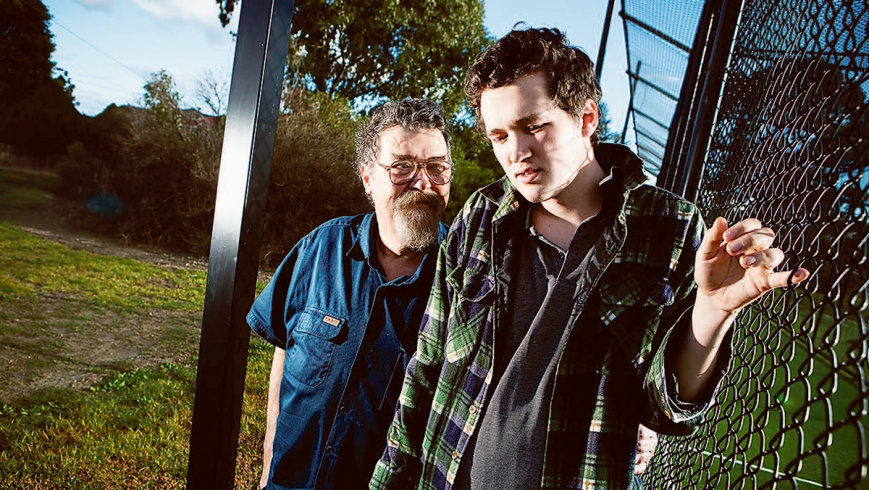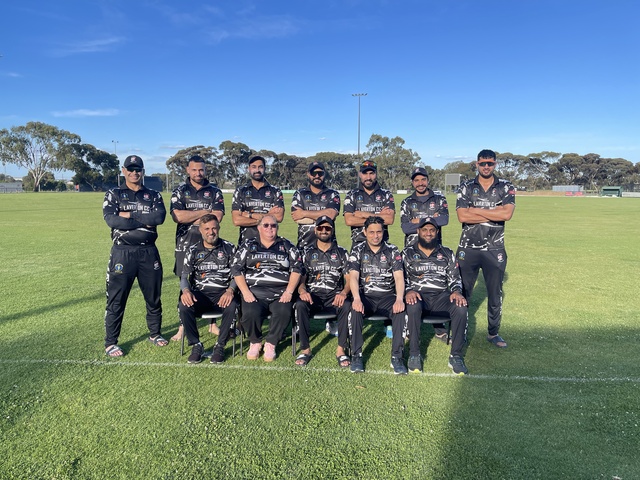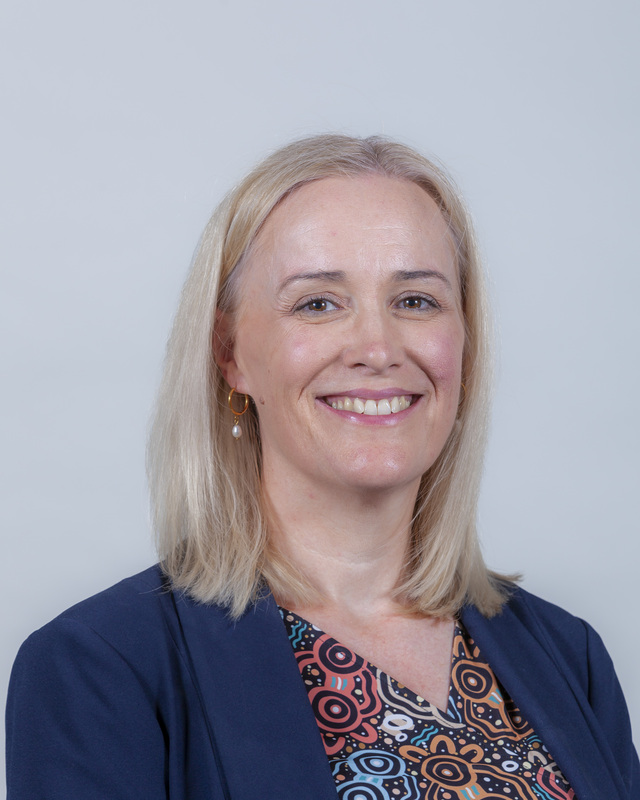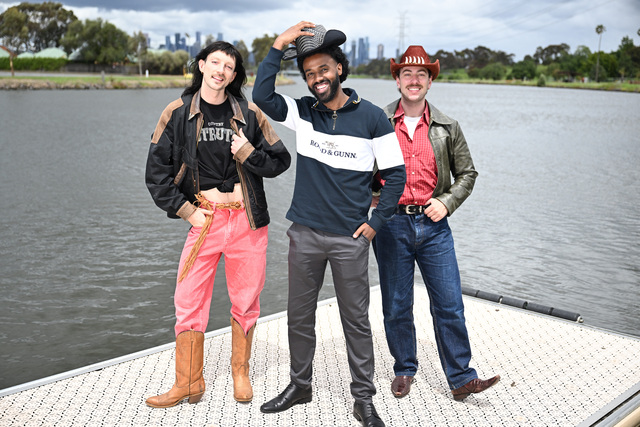A CLASS action may be launched on behalf of some of the state’s most vulnerable residents who are facing massive increases in the amount they have to pay to live in supported care.
Altona Meadows’ Declan Lennon, 20, is among more than 50 people being represented by Villamanta Disability Rights Legal Service at the Victorian Civil and Administrative Tribunal (VCAT) in an effort to overturn a controversial state government plan to increase board and lodging fees by 50 per cent – consuming 75 per cent of his disability support pension.
Mr Lennon’s parents say their son, who has autism, will be almost $6000 in the red after one year, factoring in taxi fees to and from his weekday education program and other costs.
He is unable to live at home because he is prone to violent mood swings and a risk to his parents and sisters.
Mr Lennon’s father Stephen said the “mean-spirited” changes would strip people with disabilities of disposable income and prevent them from engaging in activities they enjoyed.
“They may as well open big institutions and psych hospitals and lock them up where they won’t have access to outside activities,” he said.
A South Kingsville couple, whose son will be $5000 short if 75 per cent of his disability pension goes into accommodation, say they are prepared to join a class action.
Peter Mountford and his wife Georgina say they would have to use their own pensions to help their son, Julian, who has an intellectual disability, stay in supported accommodation in Northcote.
The pair attended last week’s VCAT directions hearing.
“It’s terribly frustrating and hard for us and the other families that were there [at VCAT],” Georgina said.
“It’s a terrible strain and this is not the first time for us and the other people … we’ve all been through it a few times.”
The changes, which the government says will save $44 million over four years and funnel more money into support packages for people waiting for accommodation, will affect as many as 2500 families statewide.
Following last week’s directions hearing, solicitor Viv Avery said the legal challenge urged VCAT to review the decision on the grounds it hadn’t been designed properly and that the fee hike was excessive.
“The main argument is for VCAT to look at how much is paid by residents in other services,” he said.
Government spokesman Michael Moore said the average cost of supporting a resident was $128,000 a year.
“The new fees will bring the average contribution per resident for supported accommodation to approximately $17,500 a year,” he said. Mr Moore said residents who found they were unable to meet their basic daily living expenses could access the Department of Human Services’ hardship policy.
— with Goya Dmytryshchak







